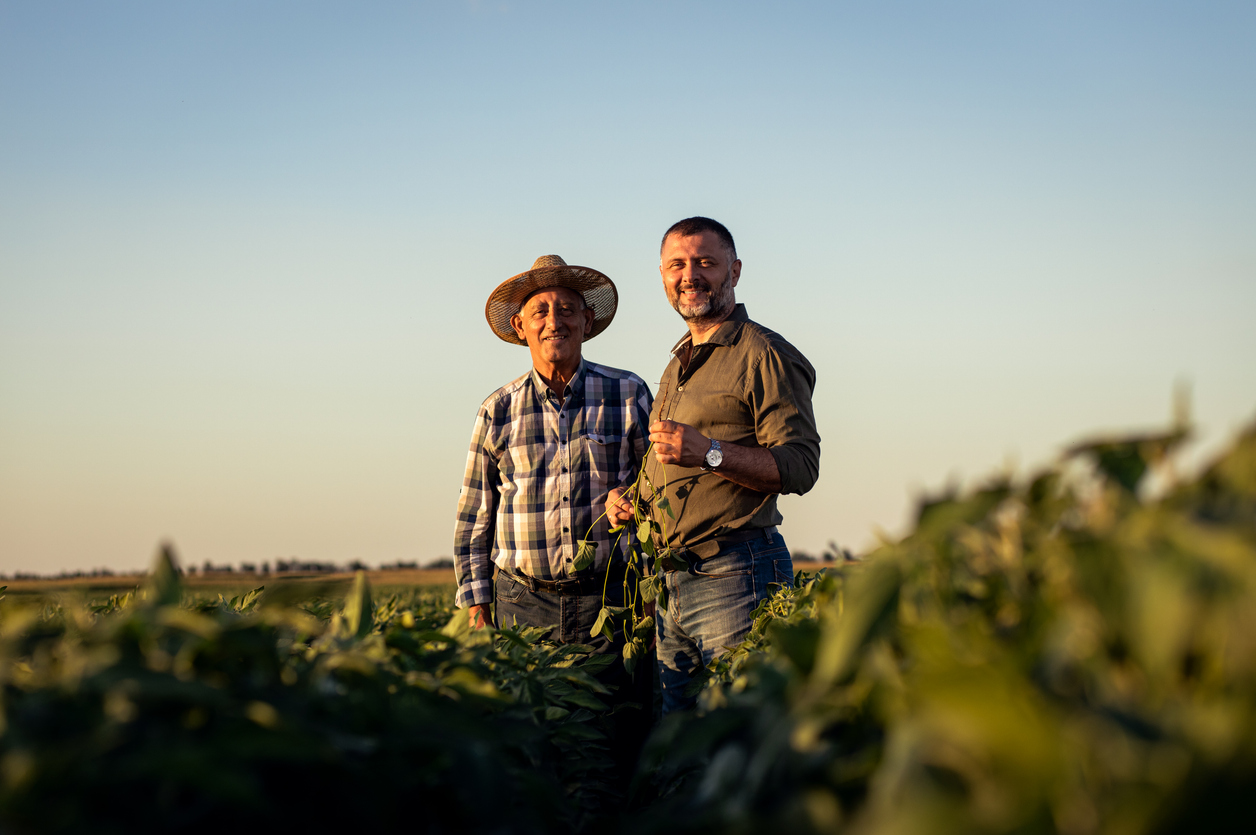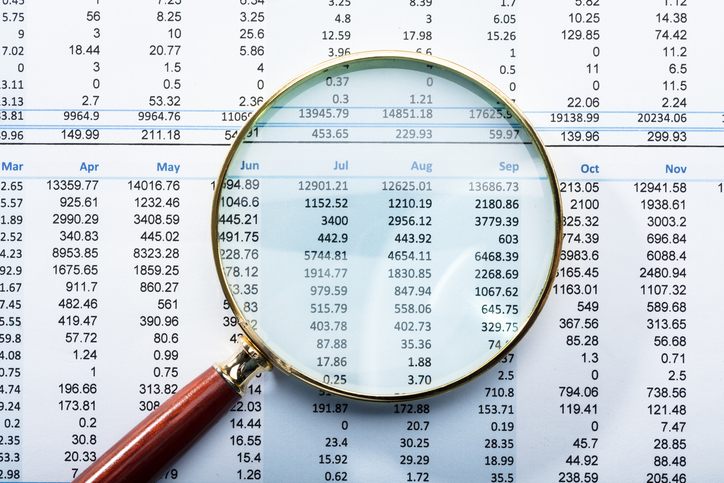The governor’s report on the Snake River dams ignores the consensus science on salmon and the Snake River dams, and puts politics before true salmon recovery efforts. Destroying the dams would divert vital funding from salmon runs at greater risk, would not help Southern Resident Killer Whales, and would increase CO2 emissions. What the governor proposes is a lose-lose-lose for the environment that puts politics before science.
First, the governor’s report is extremely sloppy. The original draft cited research from Welch et al. that the dams were harming Snake River salmon runs. That study actually said the opposite, noting that Snake River salmon returns were better than many places without dams across the region. The governor’s revised report now acknowledges that error, but uses a political statement from the Biden Administration to dismiss the peer-reviewed research. It is clear that the report authors were unfamiliar with the current science and were simply looking for studies that agreed with their preferred result.
Second, the more than $30 billion in tax money required to destroy the dams and mitigate the energy and economic damage is equivalent to more than 300 years of Washington’s salmon recovery funding. Nowhere does the report even attempt to address whether spending that amount of money on one salmon run is the best way to help endangered salmon across the Northwest. Spending this amount of money without a serious assessment is irresponsible.
Finally, the report acknowledges that destroying the dams would increase electricity costs, increase the risk of blackouts, and increase CO2 emissions. These negative outcomes would impose harm on working families, small business owners, and the environment.
Having worked to promote effective salmon recovery efforts for nearly two decades, it is frustrating to me to see the state going backwards by once again putting politics ahead of what is best for salmon and the environment.






